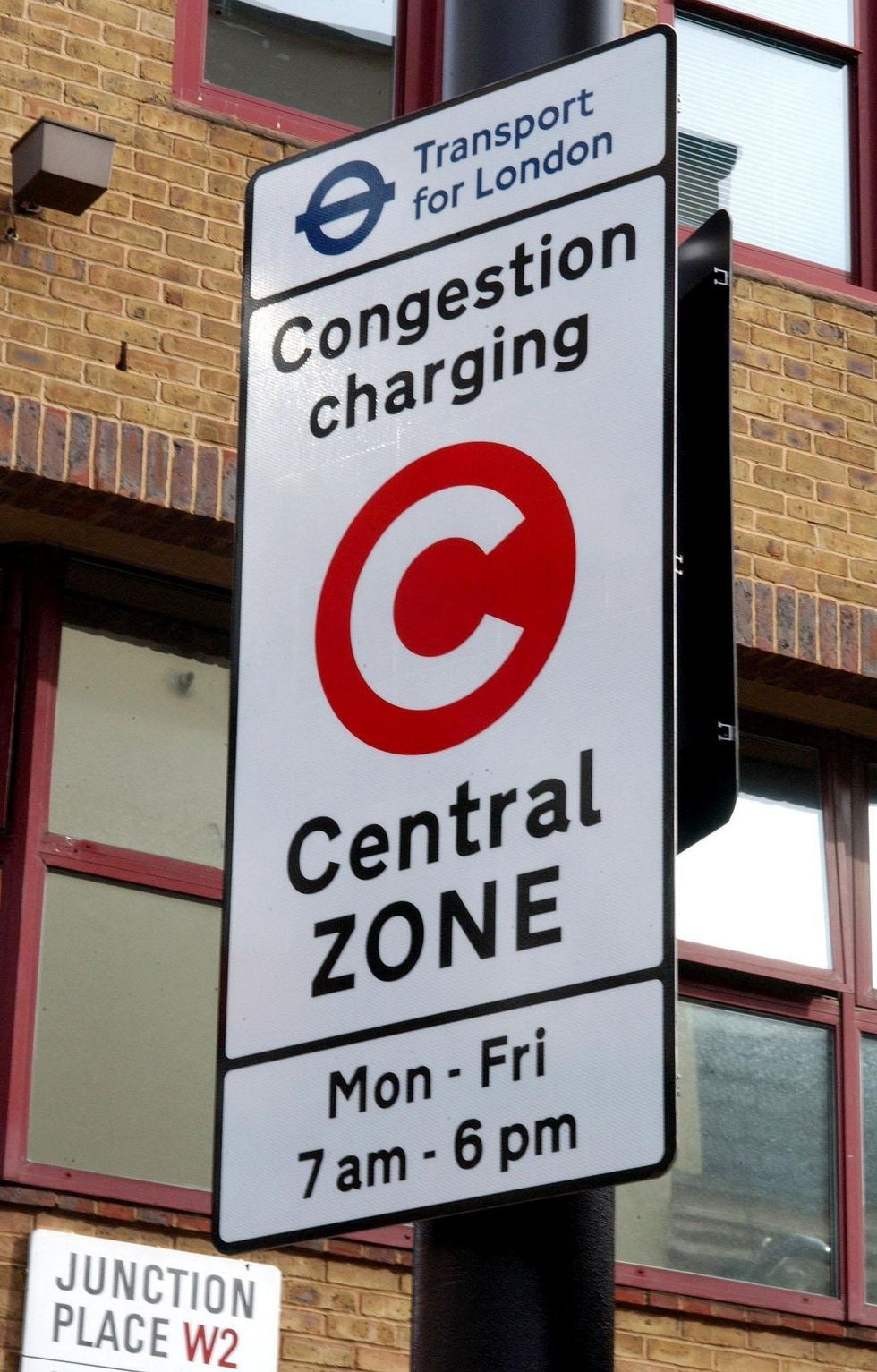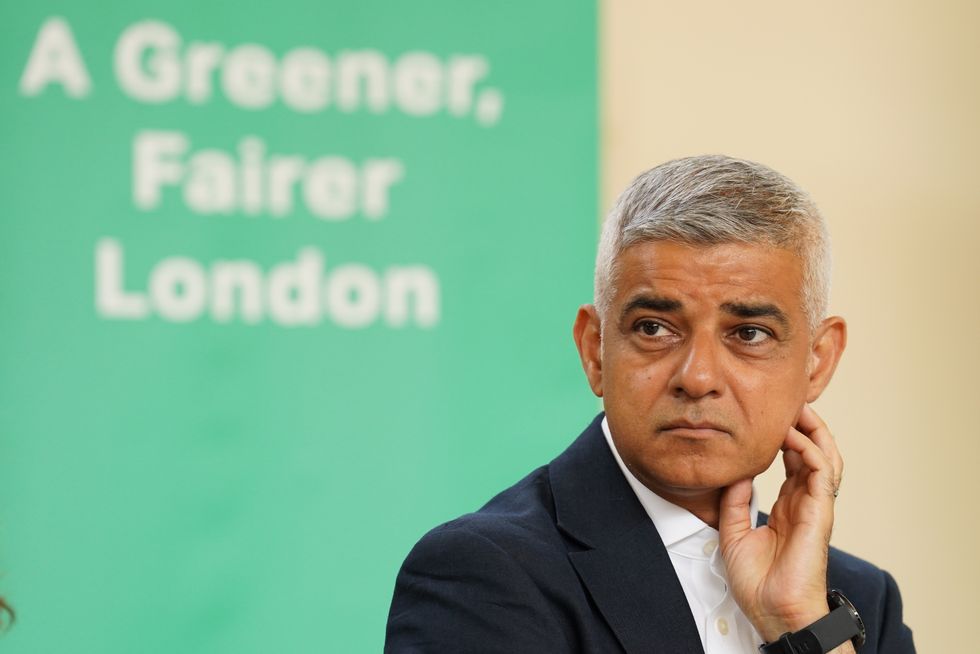The new Congestion Charge rules will be introduced in December next year
PA
'The Mayor and TfL have taken world-leading action to tackle the triple threats of air pollution, congestion and climate change'
Don't Miss
Most Read
Trending on GB News
Thousands of drivers could be forced to pay an expensive daily charge when major rule changes are introduced next year impacting London's Congestion Charge scheme.
The Transport for London website states that only battery electric or hydrogen fuel cell vehicles are eligible for the cleaner vehicle discount.
However, the cleaner vehicle discount for the Congestion Charge will be discontinued from December 25, 2025.
From this date, all vehicle owners will need to pay to enter the Congestion Charge zone during charging hours unless they benefit from another discount or exemption.
Do you have a story you'd like to share? Get in touch by emailingmotoring@gbnews.uk

Electric vehicle owners will soon be required to pay £15 per day inside the Congestion Charge area
PAOnce the exemption expires, drivers will be required to pay the standard £15 daily fee if they drive in the zone between 7am and 6pm between Monday and Friday, or between 12pm and 6pm on the weekends.
The decision to remove this exemption has been met with backlash from drivers, motoring groups and organisations who say the decision could harm the uptake of electric vehicles.
TfL said that ending the exemption "will maintain the effectiveness of the congestion charge, which is in place to manage traffic and congestion in the heart of London," BBC reported.
It is said that the change is part of TfL's phased approach to improving road traffic emissions in the capital and will work hand-in-hand with the Ultra Low Emission Zone.
According to data from TfL, there are 112,318 cars and vans registered with the cleaner vehicles exemption, with 15,782 of these being private hire vehicles.
The 12pm to 6pm operating hours also apply to bank holidays, while drivers are spared from paying the charge between Christmas Day and New Year's Day bank holiday.
The discount originally cost drivers £10 to register for each vehicle that was eligible for the exemption, with a renewal required every year.
A spokesperson for Transport for London told GB News: “The Mayor and TfL have taken world-leading action to tackle the triple threats of air pollution, congestion and climate change.
“The introduction of the London-wide ULEZ has resulted in dramatic improvements in air quality and more than 52,000 grants have been approved for Londoners, businesses and charities to switch to cleaner vehicles, with 70,000 fewer non-compliant vehicles now seen driving on London's roads.”
“The Congestion Charge’s Cleaner Vehicle Discount was part of our phased scheme to tackle London’s toxic air.
"Ending the Cleaner Vehicle Discount from 25 December 2025 will maintain the effectiveness of the Congestion Charge, which is in place to manage traffic and congestion in the heart of London."
Other exemptions will remain after December 25, including discounts for residents, Blue Badge holders, vehicles with nine or more seats, motor tricycles, roadside recovery vehicles and accredited breakdown vehicles.
LATEST DEVELOPMENTS:
- Electric car drivers to save 20 per cent on public charging costs around the UK at the 'perfect time'
- Petrol and diesel drivers face filling station chaos as fuel prices remain too high for British motorists
- Revolutionary electric car battery can charge EVs in less than five minutes and last 600,000 miles

Sadiq Khan has previously been praised by the World Health Organisation for his work to bring emissions rates down
PAOliver Lord, from the environmental campaign group Clean Cities, said the change was "puzzling", adding that incentives for businesses to switch to electric vehicles would be one of the best ways to fight against the most polluting vehicles.
However, Caroline Russell AM, leader of the City Hall Greens, said: "If every Londoner drives an electric car we won't tackle congestion, air pollution or the climate crisis.
"The best solution to any concerns about unfairness in changes like this is to move to smart, fair road user charging."








